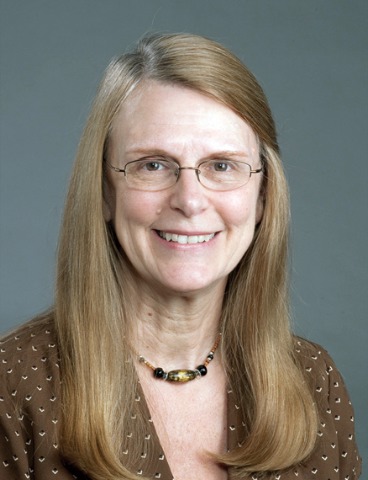A state-funded initiative to offer free mental health consultations to pediatric primary care physicians increased the proportion of pediatricians who said they were able to meet the needs of their psychiatric patients from 8% to 63% in 3.5 years.
Indeed, the program’s success means it could offer a model for how to at least temporarily increase access to psychiatric care among children and adolescents, according to a study published online Nov. 8 in Pediatrics (doi:10.1542/peds.2009-1340).
The initiative, known as the Massachusetts Child Psychiatry Access Project (MCPAP), began in July 2005 with the goal of increasing access to mental health services among pediatric patients.
According to Dr. Barry Sarvet, medical director of the Baystate Medical Center MCPAP site in Springfield as well as the lead author of the current study, the program divided the state of Massachusetts into six regions. Each region was serviced by one team of at least one child psychiatrist, one child and family psychotherapist, and one care coordinator.
Each team was tasked with providing "immediate informal telephonic consultation" to the primary care clinicians (PCCs) in its region; timely, as-needed formal outpatient consultations; assistance in coordinating community mental health services; and also "continuing professional education regarding children’s mental health designed specifically for PCCs."
At enrollment, PCCs were asked to complete a survey asking about their satisfaction with current mental health resources and access to mental health care for their patients; 514 providers filled this out. Of these, 385 completed a similar follow-up survey in 2008 or 2009.
"By the end of 2008, 353 practices including 1,341 PCCs were oriented and voluntarily enrolled to participate in the program," wrote Dr. Sarvet, who is also chief of child and adolescent psychiatry at Baystate Medical Center and associate clinical professor of psychiatry at Tufts University, Boston, and his associates. The participating practices serviced an estimated 1.36 million children and adolescents, which represented 95% of the child/adolescent population of Massachusetts.
Regarding the first duty of the teams – to provide telephone consultation to PCCs in their region – by Dec. 31, 2008, the six teams had logged 14,174 phone calls, mostly for diagnostic assistance (34%), information about resources in the community (27%), and medication questions (27%), according to Dr. Sarvet and his associates.
Many of these initial phone calls led to an outpatient consultation for the patient with the MCPAP team’s psychiatrist or an advanced practice registered nurse (combined, 28%) or psychotherapist (15%). However, based on these calls, many patients (24%) also simply continued receiving care through their PCC. The remaining cases resulted in a variety of outcomes, including referral to a community psychiatric crisis center or referral to a psychiatrist in the community.
The MCPAP teams also logged 702 "educational encounters" during the study period, including discussions on child psychiatry with PCCs either at their practices or over the phone, and conducted several day-long and half-day conferences on pediatric mental health topics.
According to the 2008 and 2009 surveys, more than 90% of PCCs either agreed or strongly agreed that their consultations with the MCPAP teams had been useful, Dr. Sarvet and his associates said.
Moreover, the percentage of PCCs who agreed or strongly agreed that their patients had adequate access to a child psychiatrist increased from 5% to 33%, while the percentage of PCCs who said that they themselves could meet the psychiatric needs of their patients increased from 8% to 63%.
Finally, the percentage of PCCs who stated that they were able to obtain a child psychiatry consultation in a timely manner increased from 8% to 80%.
"The MCPAP model provides the opportunity to dramatically expand the capacity of the clinical workforce for these children and to make mental health services more accessible for those families who experience barriers to assessment and treatment within the traditional mental health system," Dr. Sarvet and his associates wrote.
And while "the approximate cost of $0.16 per member per month for the operation of the program is by no means insignificant. ... reduction in the utilization of acute psychiatric treatment for previously untreated mental health problems may justify this cost," they added. As this program and others like it proliferate, "it will be important for comparison studies to be undertaken to examine the influence of program design and features on performance."
One of the investigators serves as a consultant to AstraZeneca, is a member of the speakers bureau for Ortho-McNeil Pharmaceutical, and has received a speaker’s honorarium from Shire. Another investigator serves as a consultant to Forest Laboratories and GlaxoSmithKline. The other authors indicated they have no financial relationships relevant to this article.


